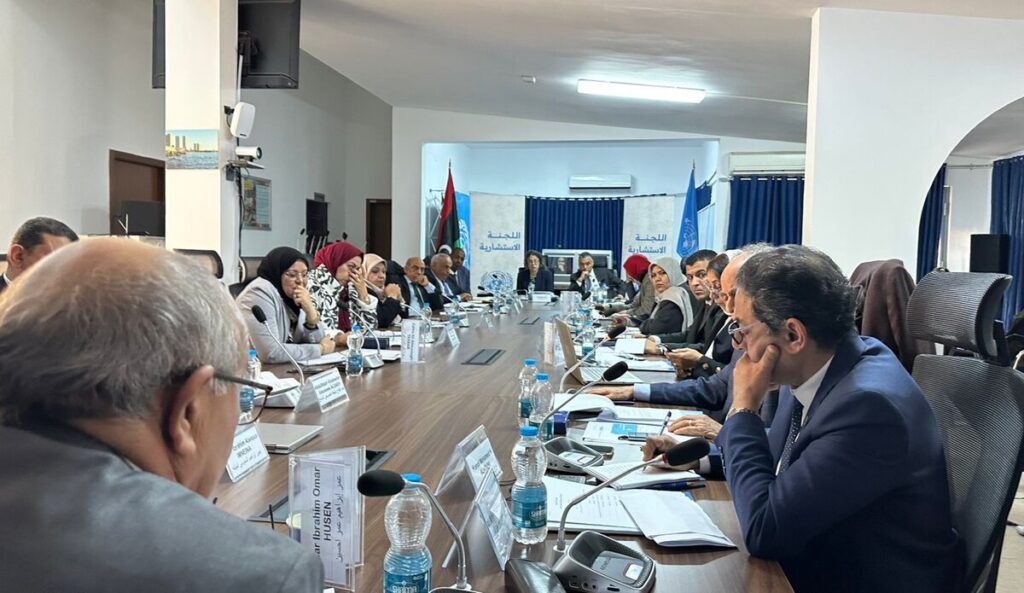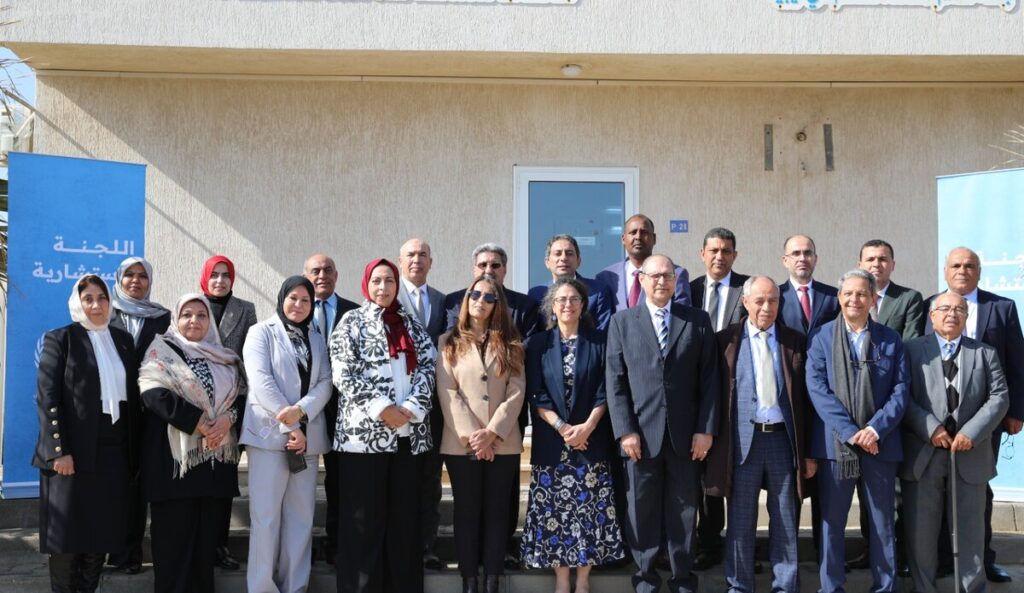Tripoli— With a certain degree of specter of failure, the Advisory Committee (AC), established by the UN Support Mission in Libya (UNSMIL), held its inaugural meeting on Sunday at the UNSMIL’s headquarters in a Tripoli’s suburb during which the DSRSG Stephanie Koury reminded the members of their task and how to go about them. On Monday, the AC held its regular session as planned.
Koury explained that the AC members that the committee “is not a decision-making body. It will generate technically sound and politically viable proposals to address contentious issues in the electoral framework,” according to a statement by UNSMIL.
To lower the degree of skepticism on the part of the majority of Libyans who have seen so many committees that were set up by the UN since 2011 only to squarely fail to achieve the minimum of their objectives, Ms. Koury has repeatedly insisted that this AC would be different and “time-bound.”
In her inaugural speech to the AC on Sunday, the DSRSG said “we have convened this Committee to produce technically sound and politically viable proposals for resolving outstanding contentious issues in the electoral framework to enable the holding of elections.”
“It is our expectation that the outcome of your deliberations will help inform subsequent phases of the political process and support Libyan decision-makers and institutions to overcome the current political deadlock, which is called for in paragraph 5 of the Security Council resolution, 2755 (2024),” Koury added.
However, what makes stakeholders and observers alike worrisome is the so-called “subsequent phases of the political process”. If the AC is to set the stage for holding the general elections, then it should suggest who would organize them and move on, as one observer said.
In 2021, the UNSMIL established a so-called UN-led Libyan Political Dialogue Forum (LPDF) which produced a unity government on 15 February 2021, whose sole task was to organize the elections on 15 December in the same year. But the elections never happened, to the deep disappointment of the great majority of Libyans who are still hold closely on their ballots.
“I understand this is no easy feat,” Koury told the AC. “Not only are the issues complex, but they lend themselves to political instrumentalization in a highly polarized context such as Libya today. It is our collective responsibility to safeguard the integrity of this Committee by staying focused on the task at hand, putting national interest first and staying above partisan interests,” she stressed as she perhaps was well aware of Libyans’ skepticism.

